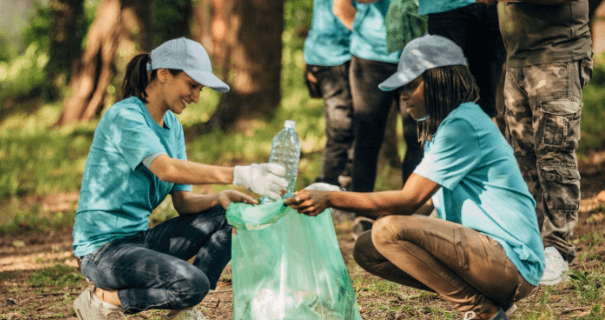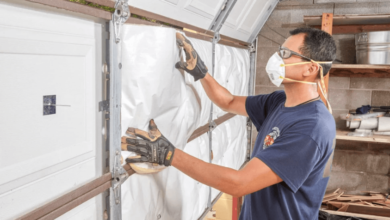7 Sustainable Practices in Plastic Supply: Reducing Environmental Impact

The importance of sustainability in the plastic industry even to online retail plastic suppliers such as Simply Plastics cannot be overstated. With increasing awareness of the environmental impact of plastic waste, adopting sustainable practices in plastic supply has become crucial.
By integrating these seven sustainable practices, you can contribute to a healthier planet while also meeting the demands of eco-conscious consumers.
Implementing Recycled Plastics
Using recycled plastics is one of the most effective ways to reduce the environmental footprint of plastic supply. Recycled plastics help conserve resources and reduce waste.
Many industries have successfully adopted recycled plastics, from packaging to automotive parts. When sourcing recycled plastic materials, ensure they are of high quality to maintain the integrity and safety of your products.
Reducing Plastic Use
Minimising plastic use is another key strategy. This can be achieved by re-evaluating your production and packaging processes. Look for opportunities to replace plastic with alternative materials or redesign products to use less plastic.
Innovations such as lightweighting, where the amount of plastic used in each product is reduced, can significantly cut down your plastic consumption.
Designing for Recyclability
Designing products with recyclability in mind ensures that they can be easily processed and reused at the end of their life cycle.
Key principles include using single-material designs and avoiding complex composites that are difficult to recycle.
Products designed for recyclability not only support a circular economy but also meet the growing consumer demand for eco-friendly products.
See also: How to Choose a Reputed Emergency Tree Service Provider
Investing in Bioplastics
Bioplastics, derived from renewable sources such as corn starch or sugarcane, offer a sustainable alternative to traditional plastics. They can significantly reduce the carbon footprint of plastic products.
However, it’s essential to balance the benefits with the challenges, such as the need for specific conditions for biodegradation and potential impacts on food supply. Leading companies in bioplastic innovation are paving the way for more sustainable plastic solutions.
Improving Supply Chain Transparency
Transparency in the supply chain is vital for sustainability. By tracking plastic materials from production to disposal, you can ensure responsible sourcing and management.
Technologies like blockchain can provide detailed insights into the journey of plastic materials, enhancing accountability and trust. A transparent supply chain benefits both businesses and consumers, fostering a culture of sustainability.
Encouraging Circular Economy Models
A circular economy aims to keep materials in use for as long as possible through recycling, reusing, and refurbishing. In the plastic supply chain, this means creating systems where plastic products are continuously cycled back into production.
This approach reduces waste and conserves resources. Successful circular economy initiatives in the plastic industry include take-back programmes and closed-loop recycling systems, demonstrating the feasibility and benefits of this model.
Educating and Collaborating with Stakeholders
Engaging stakeholders—employees, customers, suppliers, and the community—is essential for implementing sustainable practices. Education and collaboration foster a shared commitment to sustainability.
Methods to engage stakeholders include workshops, sustainability reports, and partnerships with environmental organisations. Successful collaborations can lead to innovative solutions and widespread adoption of sustainable practices.
By adopting these sustainable practices in plastic supply, you can play a significant role in protecting the environment. Each practice contributes to a more sustainable future.
Your commitment to these practices not only benefits the planet but also aligns with the growing consumer demand for sustainable and responsible products. Together, we can create a healthier, more sustainable world.




